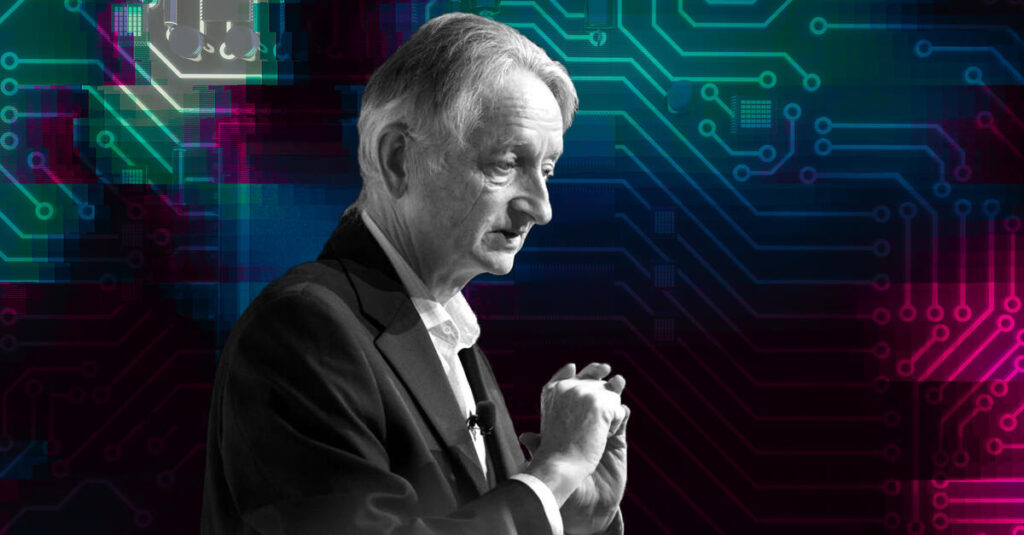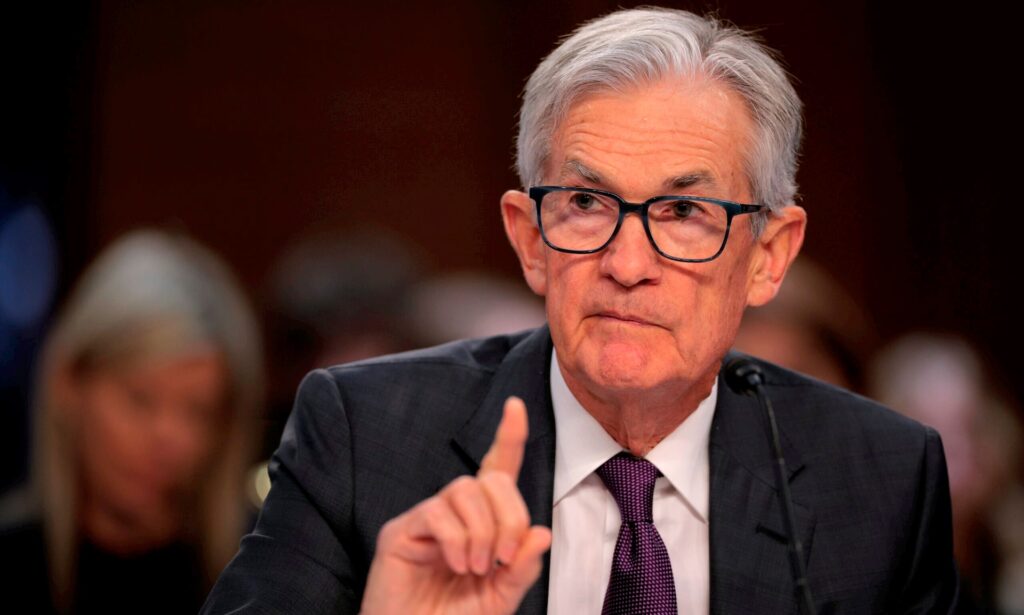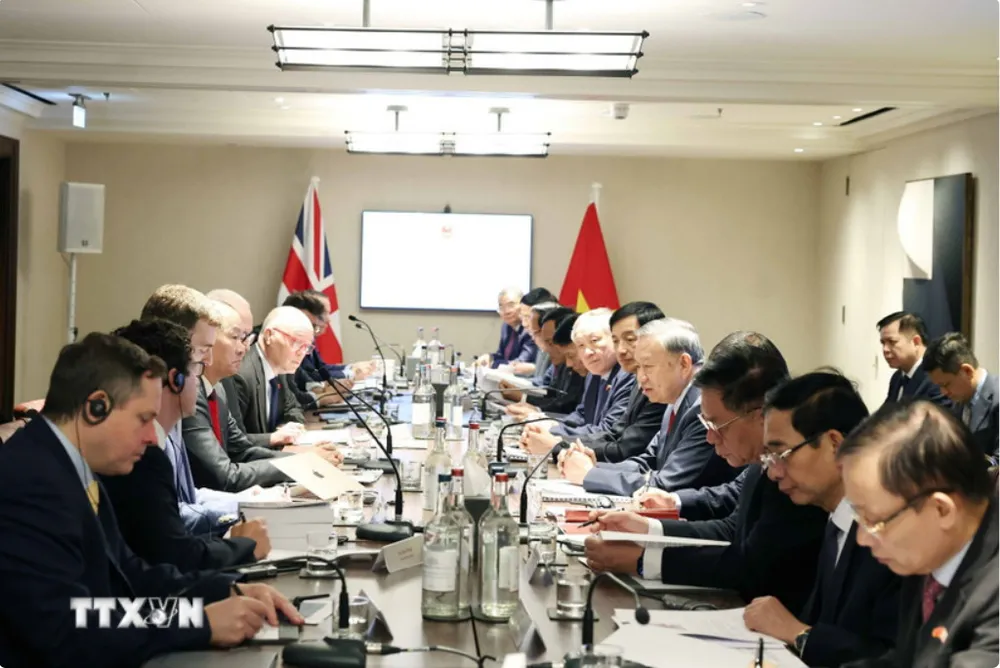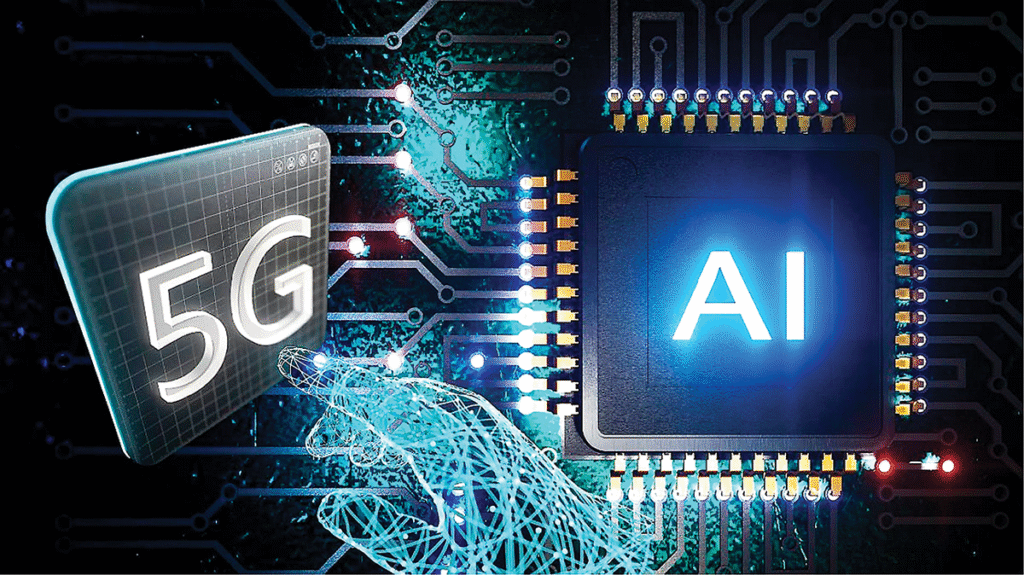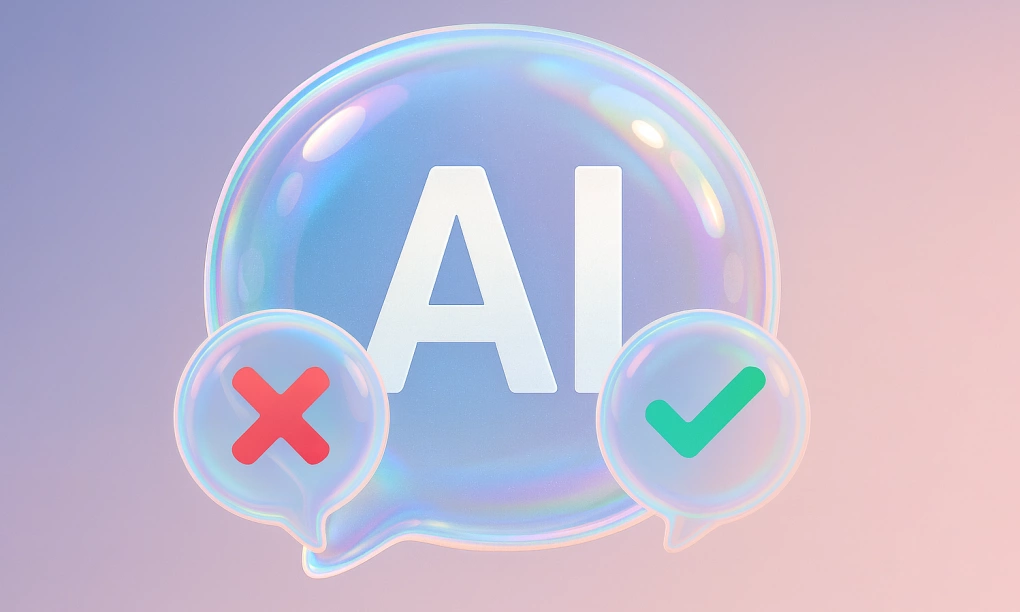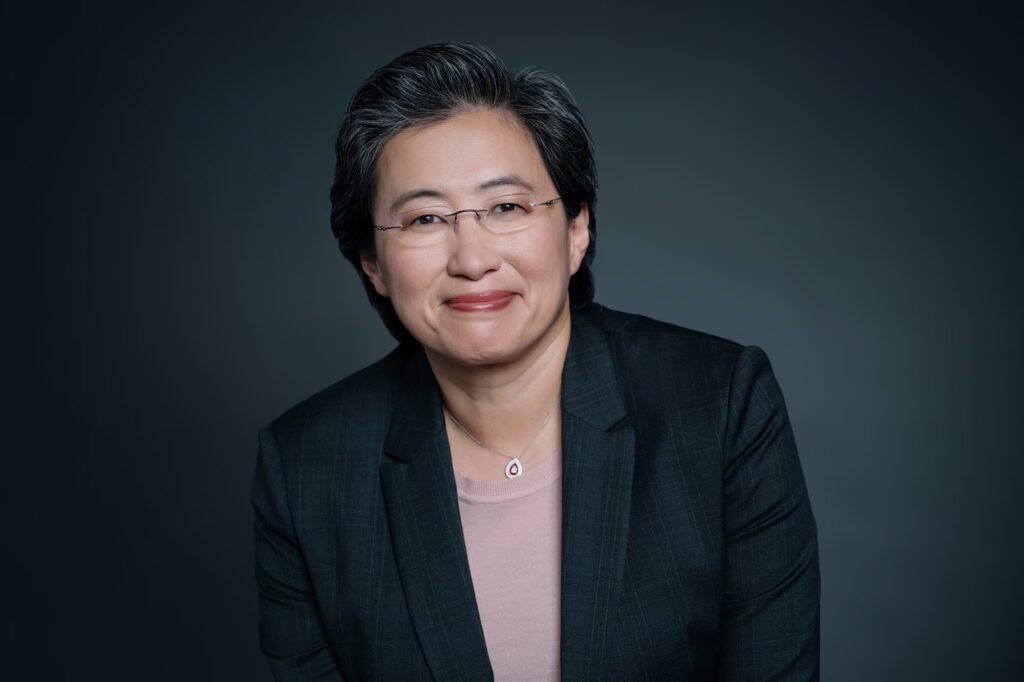SHOCKWAVE: OPENAI ECLIPSES SPACEX, HITS $500 BILLION VALUATION, CLAIMING TITLE AS WORLD’S MOST VALUABLE STARTUP

OpenAI, the company that engineered the global phenomenon ChatGPT, has officially achieved an unprecedented milestone in the startup world, reaching a staggering valuation of $500 billion. This accomplishment not only pushes Sam Altman’s company past Elon Musk’s space giant SpaceX but also signals a historic shift: Artificial Intelligence (AI) is emerging as the new, dominant pillar of the global digital economy.
A Historic Secondary Stock Sale
OpenAI’s monumental success was cemented through a massive secondary stock sale. According to credible reports from Bloomberg and Reuters, current and former OpenAI employees sold a total of $6.6 billion in shares to a roster of premier institutional investors.
The “heavy hitters” involved in this landmark transaction include distinguished names such as Thrive Capital, SoftBank Group, Dragoneer Investment Group, the national investment fund MGX (headquartered in Abu Dhabi), and T. Rowe Price.
This agreement catapulted OpenAI’s valuation from an already impressive $300 billion straight to the $500 billion mark. This valuation doesn’t just set a new record; it puts significant distance between OpenAI and its formidable competitors:
- SpaceX (of billionaire Elon Musk): $400 billion
- ByteDance (TikTok’s parent company): $220 billion
- Anthropic (a direct AI competitor): $183 billion
Initially, OpenAI had authorized up to $10.3 billion in shares for sale during this round, yet only about two-thirds of that amount was transacted. This is potentially a positive indicator, suggesting that many employees—both current and former—chose to hold onto their equity, demonstrating a strong belief in the company’s exceptional long-term growth prospects.
Explosive Financial Potential: AI is the Future of Revenue
The $500 billion valuation event is more than just a number; it’s tangible proof of the exploding investment wave into AI technology, which is increasingly viewed as the next fundamental pillar of global digital infrastructure, alongside blockchain.
Internal financial reports reveal OpenAI’s astonishing revenue-generating capability. In the first half of 2025 alone, the company generated approximately $4.3 billion in revenue, marking a growth rate of over 16% compared to the entire revenue of 2024. This dramatic surge is largely attributed to its API services, ChatGPT Plus subscriptions, and enterprise AI solutions, showing that the market is adopting and paying for this new generation of AI technology at breakneck speed.
The Significance of the Secondary Stock Transaction
In the American startup ecosystem, a Secondary Sale is a crucial mechanism. It allows early and former employees to convert the value of their equity into cash, serving as a vital form of reward and talent retention for key personnel.
Crucially, the valuation in a secondary transaction is not a negotiated figure between the company and an investment fund (as in new funding rounds). Instead, it is determined directly by the actual demand and the willingness to pay of external investors. The fact that the world’s leading investment funds embraced the $500 billion valuation underscores a consensus and absolute confidence in OpenAI’s dominant market position.
Competitive Pressures & The AI Talent War
Despite being at the pinnacle of the startup world, Sam Altman’s OpenAI faces fierce competitive pressure from both major rivals and tech giants.
Direct competitors like Google and Anthropic are also aggressively raising capital at an “eye-watering” pace to develop their own powerful AI models.
Simultaneously, a global AI talent war is heating up. Notably, Meta (Facebook’s parent company) is reportedly spending billions to invest in Scale AI and is attempting to recruit Alexandr Wang—the company’s 28-year-old CEO—to lead its new “superintelligence” division. Furthermore, the tech giant is offering compensation packages reaching “nine figures” (hundreds of millions of dollars) to lure top-tier specialists.
In a related move, OpenAI’s major shareholder SoftBank recently completed a notable transaction, announcing plans to spend $2 billion to acquire roughly 2% of Intel shares, making it one of the largest shareholders in the American chip manufacturer. This maneuver suggests SoftBank is solidifying the hardware supply chain (semiconductors)—a critical component for AI development.
In conclusion, the event of OpenAI reaching a half-a-trillion-dollar valuation is not just a financial landmark; it’s a bellwether heralding a new era where Artificial Intelligence will be the main driving force behind the development of the entire global economy.




